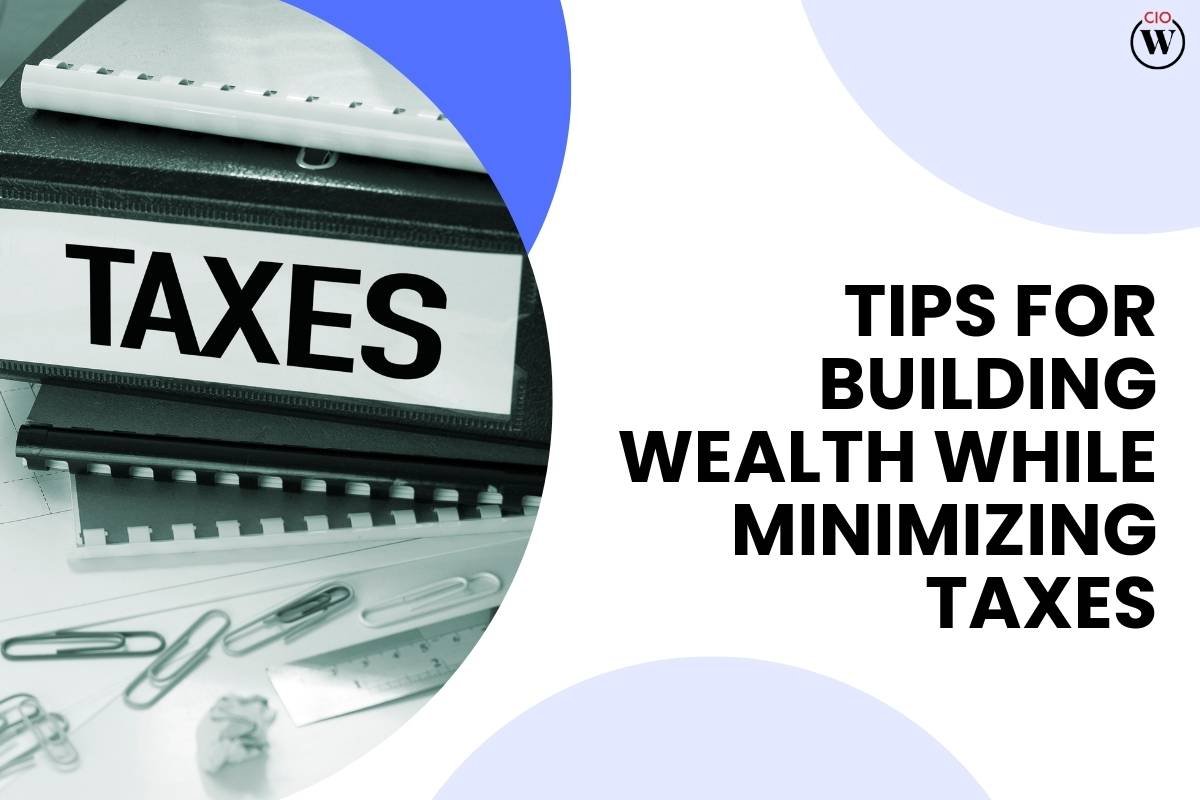Becoming wealthy is a goal for almost everyone, but as you start earning more money, you likely notice that your tax responsibility increases, too. This fact can deter your financial goals unless you learn how to build wealth and minimize taxes through strategic investments.
This knowledge is crucial for those in lucrative professions, such as physicians and lawyers. You understand that your income puts you in a higher tax bracket. Still, you don’t want to pay more than you need to keep your hard work’s proceeds and build your wealth.
No, you don’t have to game the system or do anything unethical to achieve this. You can build wealth through these advantageous — yet perfectly legal —
Here are three strategies to build wealth and minimize taxes:
1. Understand how you’re taxed
The worst thing a person building wealth can do is to ignore the tax system. When you don’t understand how you’re being taxed, you can’t adjust your processes to benefit your bank account.
Yes, you’re taxed on your income. However, income isn’t always the same as working wages. Your tax rates depend on how your money is obtained. Investments are taxed differently than your paycheck.

You receive capital gains and/or dividends or cash income through investments. Whether you’re a beginner in investing or more advanced, your financial advisor can assist you with deciding which types of strategies to add to your portfolio, but this summary of the basics will get you started.
Capital gains occur when you have an asset, and it’s worth has increased, like real estate property or stocks. These capital gains are only taxed when the asset is realized or sold for a profit.
Dividends and cash income accrue during the year, and both are subject to taxes for the year they are received.
Knowing these two tax rules can help you plan your investments carefully to minimize your tax threshold.
2. Invest in assets, then delay the gains
When your annual income is enough to put you in a higher tax bracket, and you don’t need to hold onto that extra cash, consider investing it in an asset that can bring you capital gains. This investment could be in something like real estate property or the stock market, where you hold onto the asset until you’re ready to sell it and pay taxes on the gains.
The loophole here is that if you never sell that asset, you won’t be liable for the taxes on it. Should you decide to keep the investment and pass it on as an inheritance, the tax deferment becomes permanent, aside from any inheritance taxes.
Another benefit of the invest and delay build wealth and minimize taxes strategy is that patiently waiting for the right time to sell often increases profit. This passive investment lets you wait out the real estate and stock market volatility and decide when you want to cash in your gains. If you wait until a year when your income is substantially less than when you buy the asset, your annual tax responsibility may be more manageable.
3. Start a retirement plan
It’s never too soon to start planning for retirement. This smart investment strategy maximizes your wealth today and in the future.
Retirement plans come in various forms, but the most commonly used are the IRA and the 401(k). Each has its own benefits and drawbacks.
The traditional IRA is designed to hold pre-tax income and defer taxes. Not only are you setting money away for your future, but you’re reducing your current tax liability for the year you invest your funds. Taxes on profits are deferred, and when you take your distributions at age 59½, you’ll pay taxes on what you withdraw.

On the other hand, to build wealth and minimize taxes, a Roth IRA offers you the opportunity to invest after-tax funds. With this type of retirement plan, the taxes are paid on the year the income is received, but the contributions grow tax-free. All withdrawals are also tax-free, provided they occur after age 59 ½. This option is excellent when you don’t mind paying “extra” taxes this year to reduce your future tax liability.
While IRAs are ideal for both independent workers and employees, a traditional 401(k) plan is employer-sponsored. This retirement plan is similar to an IRA but includes more benefits. The 401(k) ensures you defer income on a pre-tax basis, reducing current taxes. Taxes on earnings are deferred, and you’ll pay taxes on withdrawals after age 59 ½. While you’re working, your investment profit tax is deferred.
Conclusion
Build wealth and minimize taxes strategies can help you reach your goal of accruing wealth, but knowing which type of investment to use at the right time matters. Work with your financial advisor to look at the big picture so that you have access to cash when you need it. Then, learn how to properly defer your taxes to build wealth today.









